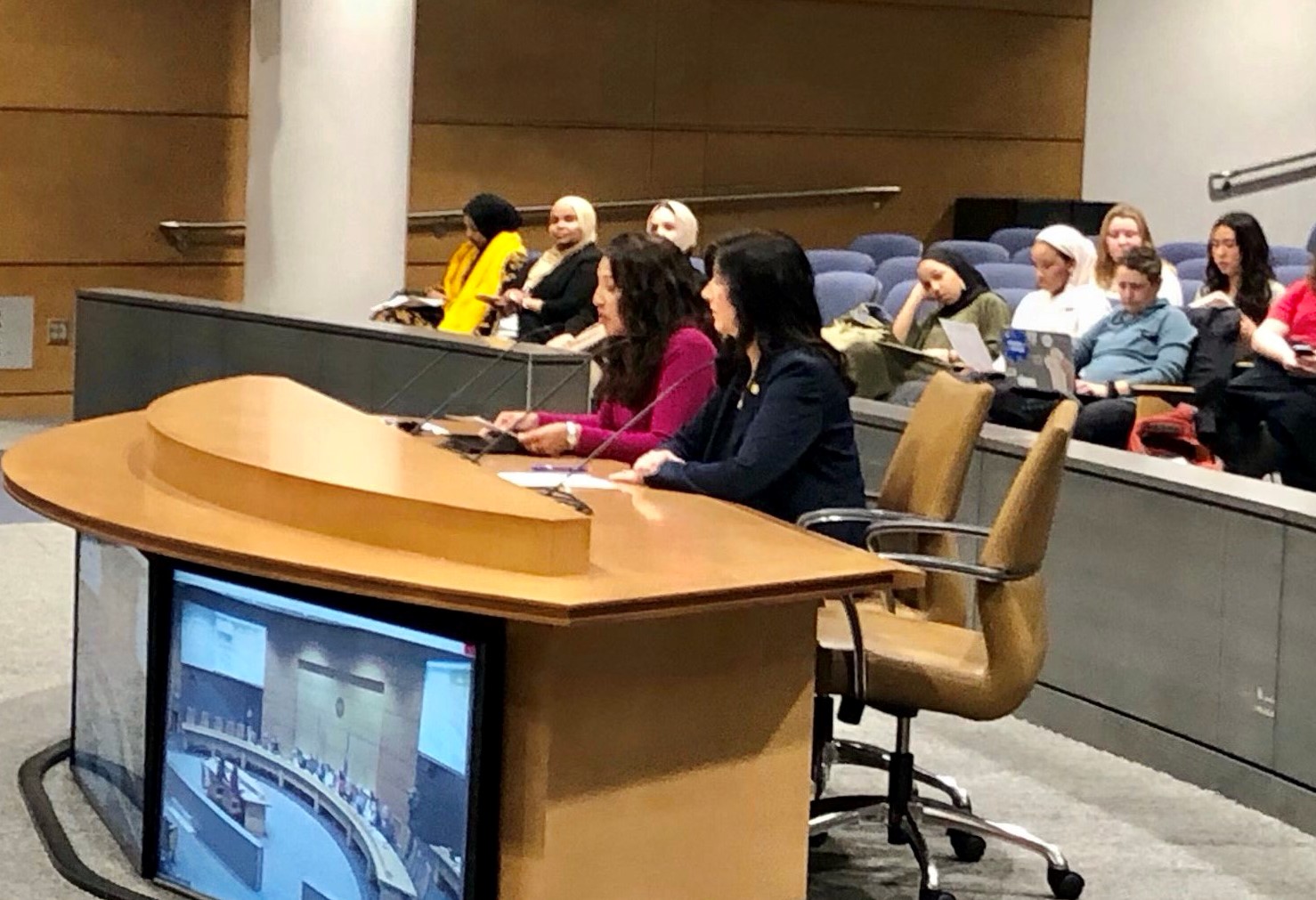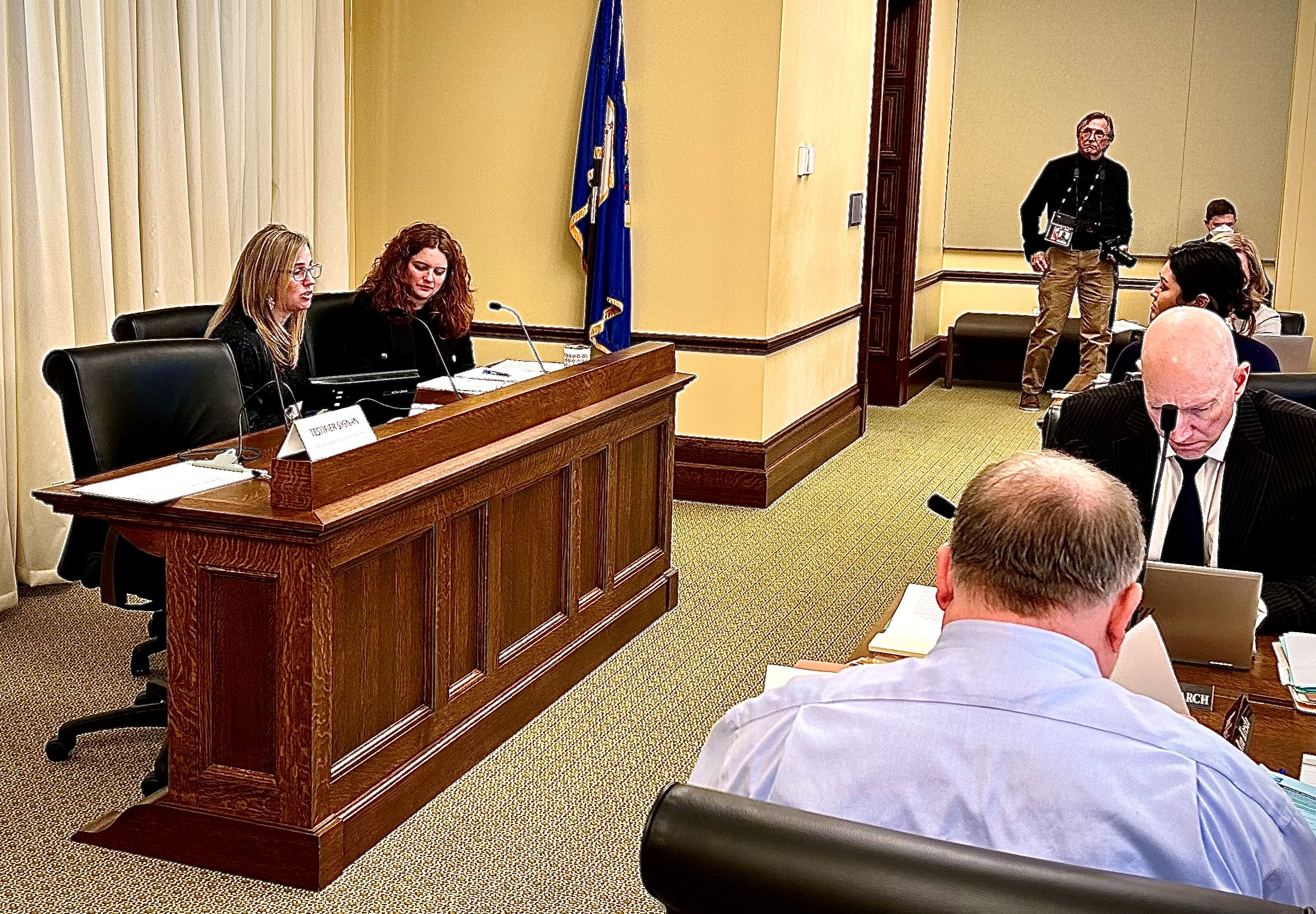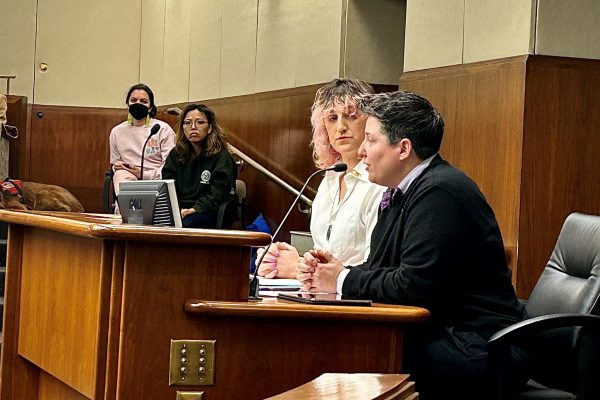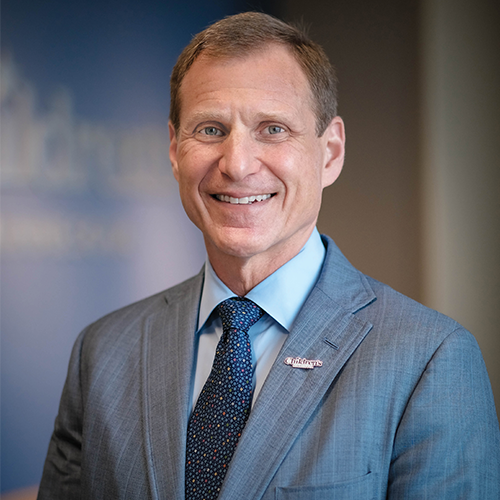You may have seen them on TV or in the newspaper. Our kid experts were busy in the spring of 2023, speaking up at the state capitol for policies that benefit children. Eighteen staff members from across Children’s Minnesota testified in more than 20 committee hearings. We also added our voice in less visible ways like letters to and meetings with legislators. And because there’s more power in numbers, we played an active role in 15 different coalitions.

Policy not partisanship: how we decide when to speak up on issues that matter to kids
Here’s why
Kids don’t always have a say in important decisions that affect their health. And Children’s Minnesota is the only health system in the state designed exclusively for children. We care for kids from every county in Minnesota. We know kids and our communities, and that puts us in a unique position to advocate for policies that will help them thrive.
Here’s how
When it comes to deciding what our kid experts will advocate for, it’s all about policy, not partisanship. But you might not know that based on what you see in the media. News outlets often devote coverage to highly partisan, controversial issues. It’s easy to get the impression that because we’re taking a particular position on an issue, we also side with a particular political party. Sometimes our advocacy lines up with one side of the aisle; other times it lines up with the other side of the aisle. In all cases, we choose what to advocate for based on what’s best for the kids and families we serve.
Everything we do is evidence based — from our policy work to the care we provide our patients and families. We prioritize issues through a thorough process of gathering evidence from the people who care for kids and know them best:
- We ask kids experts inside Children’s Minnesota, “What are you seeing and hearing from the children and families you serve? What are you and they most concerned about when it comes to their health?”
- We ask our community (kids, parents, and others who work with and care for children) many questions related to health, including, “What are the most important issues to address to improve the lives of children and families in the community?”
These conversations led us to prioritize six issues this year:
- Improving the pediatric mental health system.
- Improving access to affordable health care.
- Achieving health equity.
- Ensuring safe communities.
- Funding graduate medical education.
- Easing workforce shortages.


The results
Our advocacy efforts, along with the efforts of like-minded community organizations, brought some great results for kids during the 2023 legislative session:
- More investment in Minnesota’s pediatric mental health system.
- Funding for health care workers’ training, loan forgiveness and licensing processes.
- Protection for and increased access to gender-affirming health care.
- Free school breakfast and lunch for all Minnesota students.
- Passage of two gun safety laws.
- Prohibiting discrimination based on hair texture and style.

Not everything we advocated for during the 2023 session passed, so we’ll continue our advocacy work. We’ll continue championing policies that help kids — not political parties, candidates or platforms.
If you’re not already part of this important work, won’t you consider joining us?
